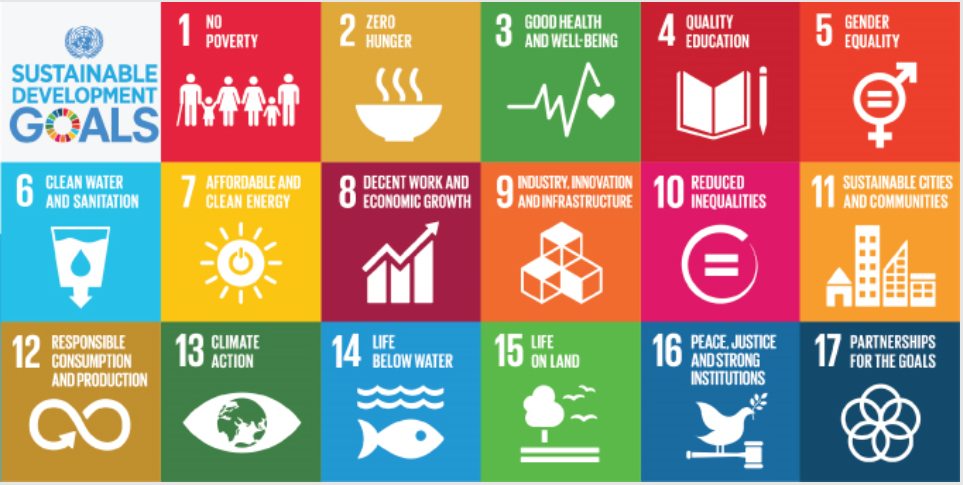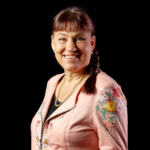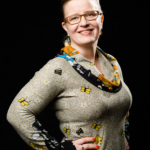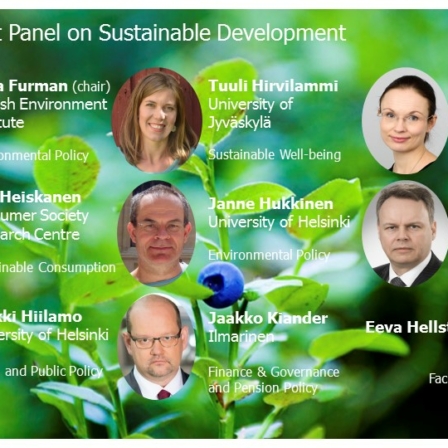The President of the Republic of Finland, Sauli Niinistö, has approved the UN’s Agenda for Sustainable Development on behalf of Finland at a meeting in New York.
Agenda 2030 will guide the world in creating well-being far into the future. This will help to prevent the recurrence or worsening of global crises, such as the refugee crisis that affected Europe in the summer of 2015. Crises may surprise us, but their seeds have often been sown decades earlier.
In Finland, the Expert Panel on Sustainable Development prepares, challenges and evaluates the work and political decision-making of the National Commission on Sustainable Development. The panel emphasises that the universal nature of the agenda now being signed makes it unique. Universal means that each signatory country must focus on attaining the goals set for it. In this context, all countries are developing countries, and each has a great deal of work to do before its economy and social models are sustainable and just. Achieving this will require converting the goals into practice in the decisions, actions and routines of everyone in Finland, including businesses, households and public administration.
With Agenda 2030, ambitious goals have been set for all three dimensions of sustainable development: economic, social and environmental. In the panel’s opinion, the key purpose of putting sustainable development goals (SDGs) into practice is to find economically and socially sustainable solutions that take due account of our planetary boundaries. Societies and economies cannot function in a polluted environment.
Putting the SDGs into practice represents an opportunity for Finland. At best, it will inspire the creation of novel social innovations that enable the reproduction and commercialisation of well-functioning, existing technological solutions, thus creating jobs in Finland and boosting export growth. On the other hand, it may help to generate social innovations that increase well-being under more difficult circumstances.
Finland has already embedded some of the SDGs into the activities of society. A Finnish social innovation, Society’s Commitment to Sustainable Development, has been drawn up for the purpose of attaining the SDGs. All organisations operating in Finland can pledge their commitment to one or more of the goals, work on making them a reality, and publicly monitor their progress. Through these commitments, the participants are developing their own ways of helping to resolve issues that are of critical importance to the entire world. Participating in Society’s Commitment to Sustainable Development provides an opportunity to network and make sustainable development more meaningful to employees, to pupils and to other members of signatory organisations.
This Finnish initiative has already attracted a great deal of national and international interest. The Expert Panel on Sustainable Development emphasises that tough times are the right time to aim for long-term success. From the viewpoint of helping Finland to succeed, now is the time to think about the UN’s 2030 Agenda for Sustainable Development and how to make use of its tools.





Recommended